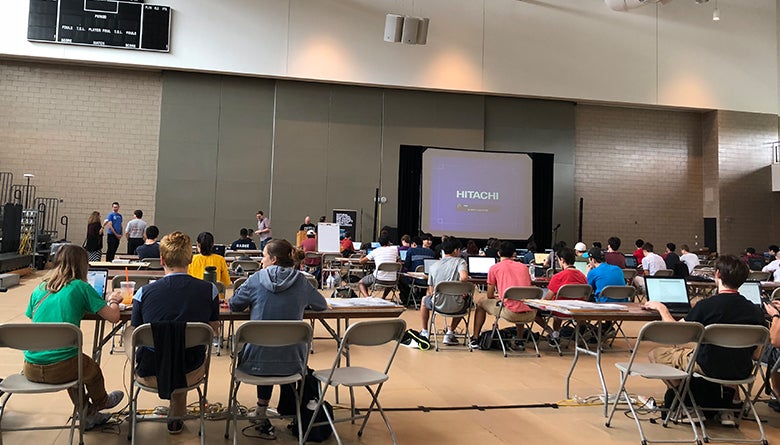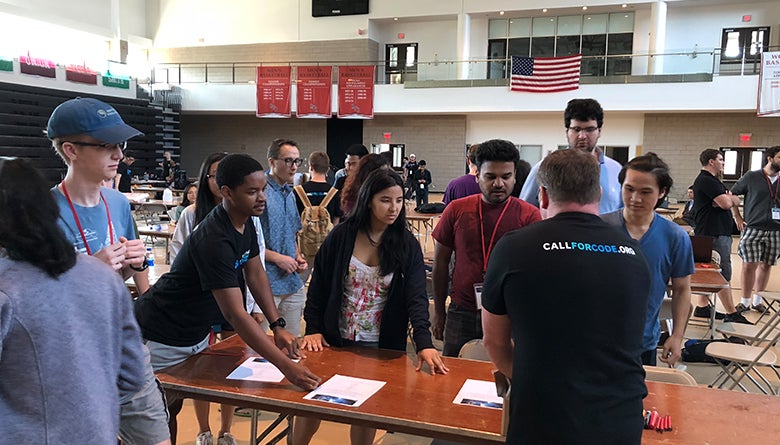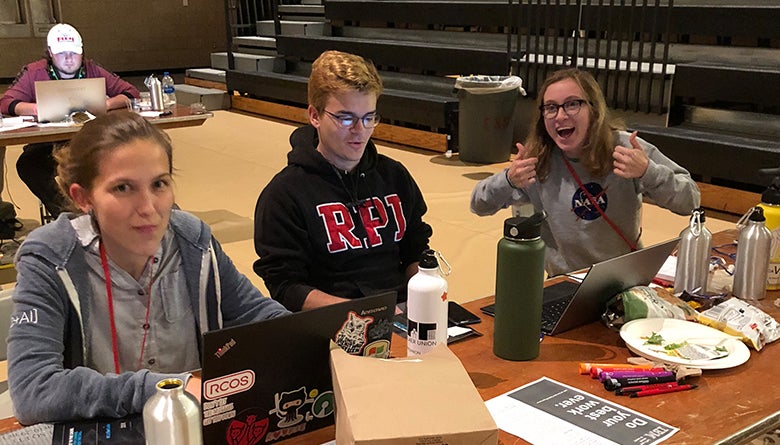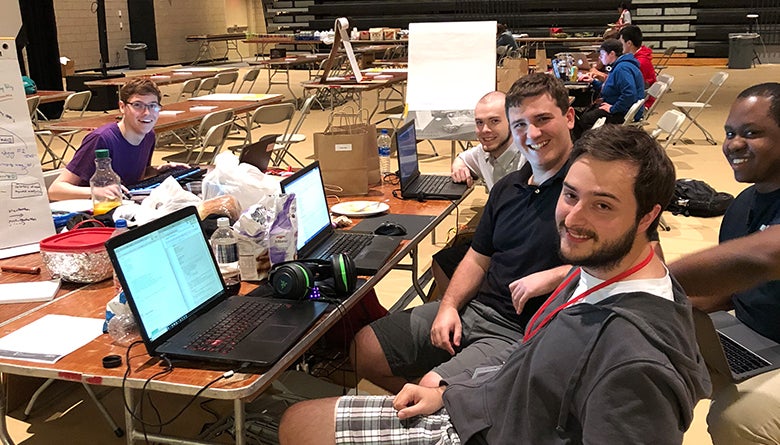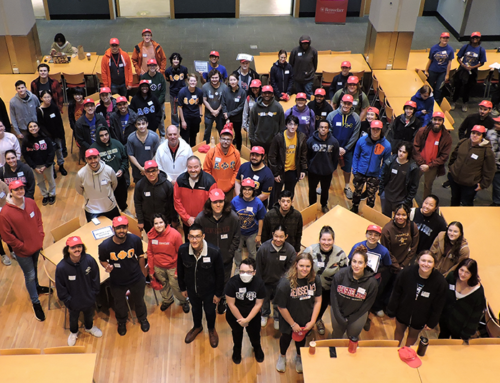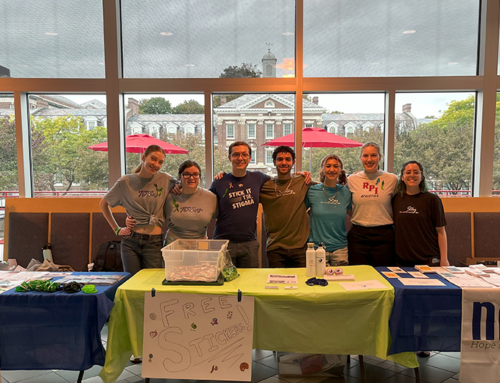
Author: Jonah Mudse ’22
Information Technology and Web Science
On September 15, IBM sponsored a Hackathon hosted by Rensselaer Polytechnic Institute (RPI). Generally, a hackathon is a public event where a community of developers come together to work toward some sort of positive goal. Participants split into teams to identify an issue, brainstorm a solution, and rapidly prototype a demo build—all within 24 hours.
The theme for this year’s hack was to develop a solution related to natural disaster preparedness and recovery. Samuel Cohen and Fred Buchanan registered for the hackathon as a team of two, and I was assigned to their team at around 10:30 a.m. on Saturday. We chose to focus on wildfire preparedness and recovery. We wanted more information, and more accurate information, about the fuel types that exist in certain areas prone to wildfires. We spent the next 24 hours using machine learning, image classification, and Android development tools to create a proof of concept.
By noon on Sunday, Project FuelScan was a working process that takes an image of forestry (theoretically from a drone or crowdsourcing off social media), and uses IBM’s Watson to classify the image based on the fuel types that are present, like thick brush or trees, for example. We used this data to plot a point on a map with a color code based on the fuel type’s burn rate. After hundreds or thousands of images are classified and plotted, a “heat map” starts to form that shows local officials where a fire is likely to burn if a fire were to start. Ideally, this software should be used to help prevent property damage and loss of life by providing the necessary people with better information.
Samuel, Fred, and I presented Project FuelScan at about 1 p.m. on Sunday and were awarded first place by the panel of judges at around 3 p.m. We each won $250 and access to IBM’s cloud databases and Watson capabilities for a year.
Since then, IBM has reached out to our team to invite one of us to another competition in Chicago on October 18. The event is sponsored by the Clinton Foundation’s “Code for Impact” Codeathon and only 50 students from around the world are invited to compete. After talking with Fred and Samuel, I will be representing RPI and Project FuelScan at the event.
The past month has been quite the experience, and this roller coaster is not over yet. I knew Rensselaer would present opportunities for me, but I never could have imagined being able to participate in or experience anything like this.

